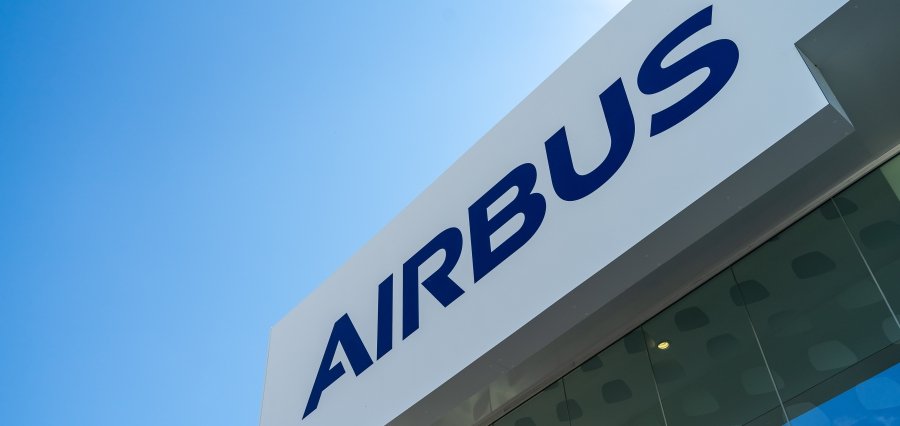Prime Highlights:
- Airbus CEO Guillaume Faury reaffirmed that the company is on track to deliver about 820 aircraft in 2025 despite ongoing engine supply challenges.
- Airbus continues to lead its U.S. rival Boeing in deliveries, maintaining a strong market position this year.
Key Facts:
- Airbus delivered 61 planes in August, bringing the total to 434 aircraft so far in 2025, compared to Boeing’s 385.
- Engine delivery delays from CFM International and Pratt & Whitney have slowed production, but both suppliers have assured Airbus they will meet demand.
Key Background:
Airbus remains confident in its ability to meet its aircraft delivery targets for 2025, according to Chief Executive Officer Guillaume Faury.In an interview, Faury said Airbus is confident it will hand over about 820 planes in 2025, despite ongoing problems with engine supplies slowing production.
The Toulouse-based aerospace giant has been navigating delays from two of its key engine suppliers, CFM International and Pratt & Whitney. The delays have led Airbus to finish planes without engines, commonly called “gliders,” and add the engines later when they become available. Despite these hurdles, Faury emphasized that both suppliers have reassured Airbus that they will meet the required delivery volumes by the end of the year.
Faury mentioned that Airbus is closely monitoring engine supplies from CFM and Pratt & Whitney, but the updates from both companies have been reassuring. He added that they feel confident about the rest of the year.
The aircraft industry has struggled with engine production challenges for several years. RTX, the parent company of Pratt & Whitney, previously warned that defects could affect hundreds of engines until 2027. Faury acknowledged these quality issues and also noted the impact of labor strikes, though he maintained confidence in the long-term capacity of suppliers to fulfill commitments.
Trade strengths have brought a new dimension of complexity to international manufacturers. Under the current deal between the U.S. and the European Union, the aviation industry has been protected from extra tariffs. Faury welcomed this relief, calling it “the right decision,” though he also expressed concern over the broader uncertainty in the global economy.
“Industries like ours require visibility and predictability,” Faury said. “Constant changes slow us down, and long-term stability is essential.”
With steady progress in deliveries and confidence in its supply chain partners, Airbus continues to position itself as a leader in the global aviation market.

